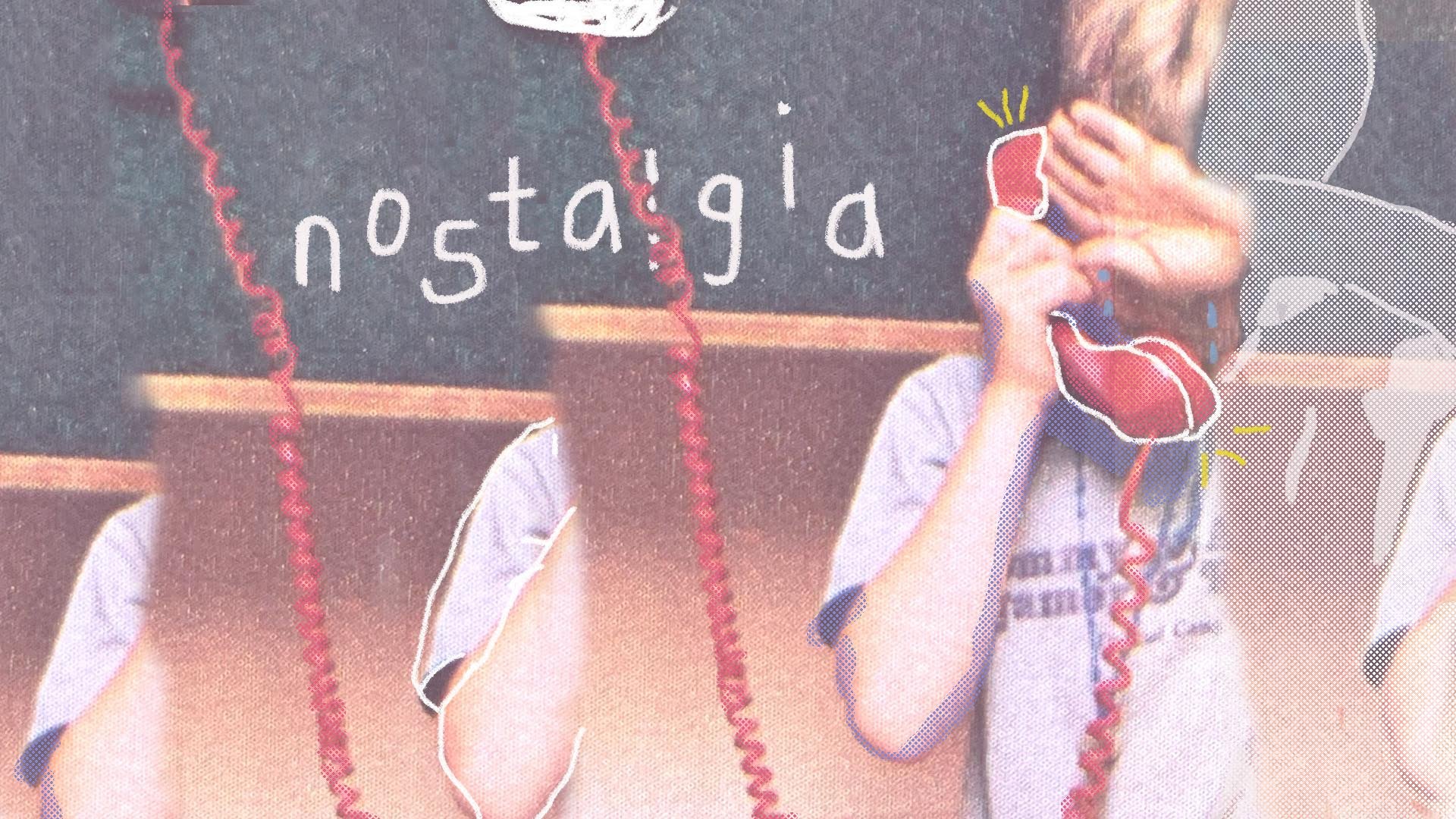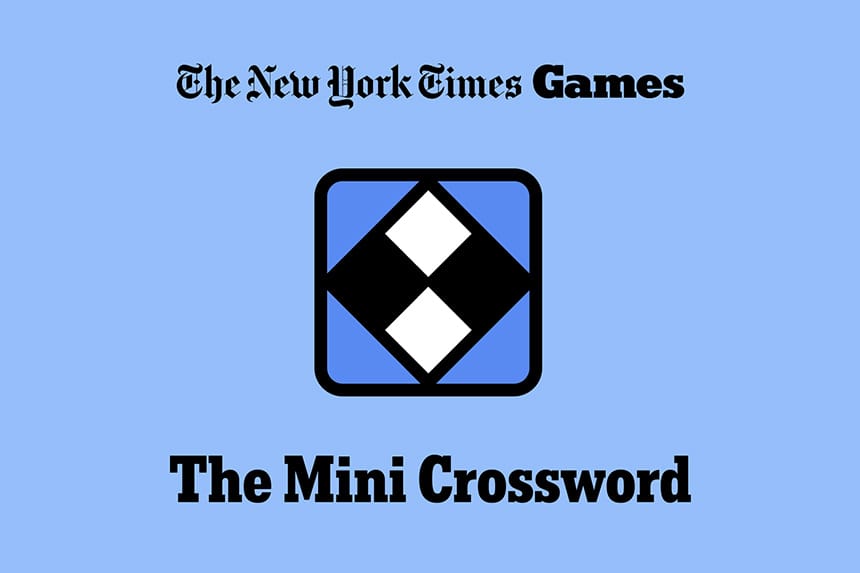Little Britain Cancelled: Why Gen Z Loves It

Table of Contents
Nostalgia and a New Perspective
Nostalgia plays a significant role in Gen Z's connection with Little Britain. For many, the show represents a glimpse into the 2000s, a decade they may only know through secondhand experience – via streaming services and online archives. This distance provides a unique perspective, allowing them to appreciate the show's comedic elements without the same cultural baggage as previous generations. This contrasts sharply with the initial reception, where some found the show's humor to be outdated and offensive.
- Access to the show through streaming platforms like Netflix and BritBox has broadened its reach beyond its initial television audience, exposing it to a younger, more diverse demographic.
- Gen Z views the show through a different cultural lens. They acknowledge its flaws, recognizing the problematic nature of certain characters and storylines, yet still find humor and even social commentary within its absurdity.
- Discussions and memes around the show on platforms like TikTok and Twitter fuel its resurgence, creating a sense of community and shared experience amongst viewers. The ironic appreciation of the show's problematic elements adds another layer to its appeal. This differs greatly from Millennial humor and the reception of 2000s comedy more generally.
The Irreverent Humor and Social Commentary (Despite the Controversy)
Little Britain's comedic style is characterized by its irreverent humor, exaggerated characters, and satirical elements. The show often pushed boundaries, tackling sensitive topics with a blend of absurdity and dark humor. This is precisely why it faced significant criticism and ultimately led to its cancellation – its portrayal of certain characters and stereotypes was widely deemed offensive and harmful.
- The show's exaggerated characters and situations are viewed by some Gen Z viewers as comedic rather than inherently harmful. The absurdity, they argue, transcends the potentially offensive aspects.
- Gen Z's exposure to diverse perspectives and increased awareness of social issues may influence their interpretation of the satire. They can contextualize the show within its time, acknowledging its problematic elements without dismissing its comedic value entirely.
- The show's commentary on British society, however problematic its execution, sparks conversations about representation, social change, and the evolution of comedic sensibilities. It serves as a conversation starter about what is acceptable in comedy and how societal norms have changed.
The Impact of Social Media and Online Discourse
Social media has been instrumental in reviving Little Britain's popularity. Platforms like TikTok and Twitter have become breeding grounds for re-edited clips, memes, and discussions surrounding the show. This online discourse contributes significantly to its continued relevance.
- Re-edited clips and memes on TikTok have broadened its appeal to a new audience, often highlighting the show's most absurd or ironically problematic moments. This curated experience shapes how Gen Z engages with the content.
- Online discussions surrounding the show's controversies bring more viewers to the show, prompting them to form their own opinions and engage in critical analysis of its comedic choices.
- The ironic appreciation of the show's problematic elements fuels online engagement, creating a complex relationship between the audience and the content. This is far from a simple celebration; instead, it's a nuanced conversation about the evolution of comedy and social awareness.
Conclusion: Understanding the Gen Z Love for Little Britain (Despite its Cancellation)
Gen Z's renewed interest in Little Britain is a complex phenomenon rooted in nostalgia, a unique perspective on its comedic style, and the power of social media. While acknowledging the show's problematic aspects is crucial, understanding the context in which it was created and the way a new generation interacts with it offers a valuable insight into changing comedic sensibilities and online culture. The show’s cancellation doesn't negate its continued impact – it sparks ongoing conversations about satire, representation, and the evolution of humor in the digital age.
Share your thoughts! Do you think Little Britain's resurgence amongst Gen Z justifies its problematic elements? What is your take on the show's legacy and its continued popularity in the face of cancellation? Let's discuss the enduring impact of Little Britain, Gen Z's unique relationship with the canceled comedy, and the ever-evolving landscape of humor and satire.

Featured Posts
-
 Huuhkajat Saavat Vahvistusta Benjamin Kaellman Tuo Maalintekovoimaa
May 21, 2025
Huuhkajat Saavat Vahvistusta Benjamin Kaellman Tuo Maalintekovoimaa
May 21, 2025 -
 Restauration De Sites Bretons Plouzane Et Clisson Selectionnes Par Mission Patrimoine 2025
May 21, 2025
Restauration De Sites Bretons Plouzane Et Clisson Selectionnes Par Mission Patrimoine 2025
May 21, 2025 -
 Nyt Mini Crossword March 16 2025 All The Answers Here
May 21, 2025
Nyt Mini Crossword March 16 2025 All The Answers Here
May 21, 2025 -
 Liverpool Juara Liga Inggris 2024 2025 Para Pelatih Di Balik Kesuksesan The Reds
May 21, 2025
Liverpool Juara Liga Inggris 2024 2025 Para Pelatih Di Balik Kesuksesan The Reds
May 21, 2025 -
 Strange Red Lights Over France Investigating The Recent Sky Events
May 21, 2025
Strange Red Lights Over France Investigating The Recent Sky Events
May 21, 2025
